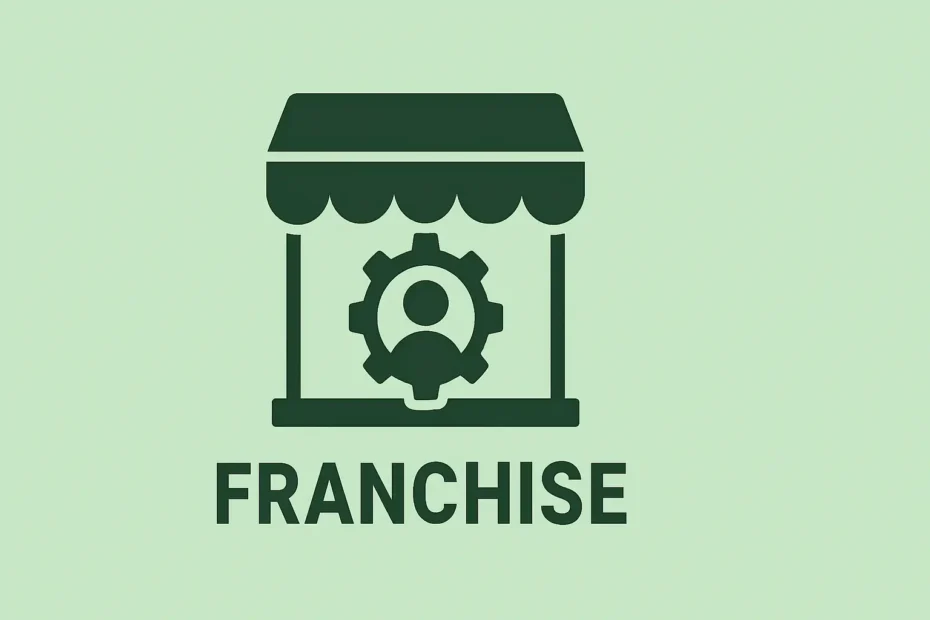The image of a tech entrepreneur is often associated with coding in a garage, pitching venture capitalists, and chasing unicorn valuations. But today’s tech-savvy individuals are beginning to rewrite the script. Rather than pursuing high-risk startups, many aspiring tech entrepreneurs are turning to franchising as a smarter, more stable way to enter the business world. This shift isn’t about abandoning innovation—it’s about applying entrepreneurial thinking to proven systems. The rise of franchise ownership among tech-minded individuals reflects a strategic move toward lower risk, scalability, and long-term sustainability.
Tech Skills Meet Operational Systems
One of the key reasons tech entrepreneurs are gravitating toward franchises is the synergy between their skills and franchise systems. Franchises often provide structured operations, defined processes, and digital platforms—all areas where tech professionals excel. From automating workflows to optimizing customer experiences through data analytics, tech-savvy owners are uniquely equipped to enhance franchise performance.
Moreover, many franchises are now tech-driven themselves. Whether it’s mobile repair services, IT support, e-commerce logistics, or digital marketing agencies, there’s a growing pool of franchise opportunities that align directly with technology interests. These models allow tech entrepreneurs to enter markets they already understand while benefiting from the support and recognition of an established brand.
Reduced Risk Compared to Startups
Launching a tech startup from scratch can be thrilling, but it comes with significant risks—uncertain market demand, unproven products, and high burn rates. Franchises, by contrast, offer a blueprint for success. Aspiring entrepreneurs can avoid the chaos of early product development and jump directly into revenue-generating activities with a tested business model.
For tech professionals who are risk-aware and financially strategic, franchising offers a more predictable path. The initial investment comes with a clearer timeline to profitability, support infrastructure, and ongoing training. This makes franchising especially appealing for those who want to own a business without starting completely from zero.
Scalability with Fewer Unknowns
Tech entrepreneurs are naturally drawn to scalable models. Franchising provides built-in scalability with defined processes that can be replicated across multiple locations. Once a franchisee masters a single unit, they can often expand to own several, increasing their income while maintaining operational consistency.
What makes franchising even more attractive is that growth does not require building new systems from scratch. The support team, brand marketing, and supply chains are already in place. This allows tech entrepreneurs to focus on innovation, optimization, and strategic expansion instead of foundational business setup.
Time Efficiency and Lifestyle Flexibility
Another appeal of franchising is the opportunity for time efficiency. Many tech entrepreneurs are used to long hours and unpredictable schedules. Franchise ownership, especially in semi-absentee or manager-run models, offers a more balanced lifestyle. Once the business is running smoothly, the owner can delegate day-to-day operations and focus on scaling or exploring additional ventures.
For those who value both freedom and income, franchising can serve as a practical solution. It offers the chance to generate recurring revenue without sacrificing personal time or needing to be constantly involved in every detail.
Conclusion: Tech Entrepreneurs Are Building Smarter Paths
The trend of tech entrepreneurs entering the franchise space is not a contradiction—it’s an evolution. By combining the innovation and problem-solving mindset of the tech world with the structure and support of franchising, these entrepreneurs are creating powerful, sustainable businesses. Franchising doesn’t mean giving up on big ideas; it means applying those ideas in a way that’s practical, repeatable, and profitable. As more aspiring tech entrepreneurs seek ways to own businesses without the volatility of startups, franchising continues to emerge as a compelling and strategic option for building long-term success.
